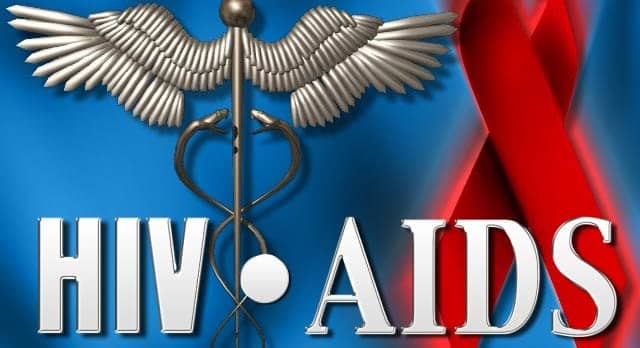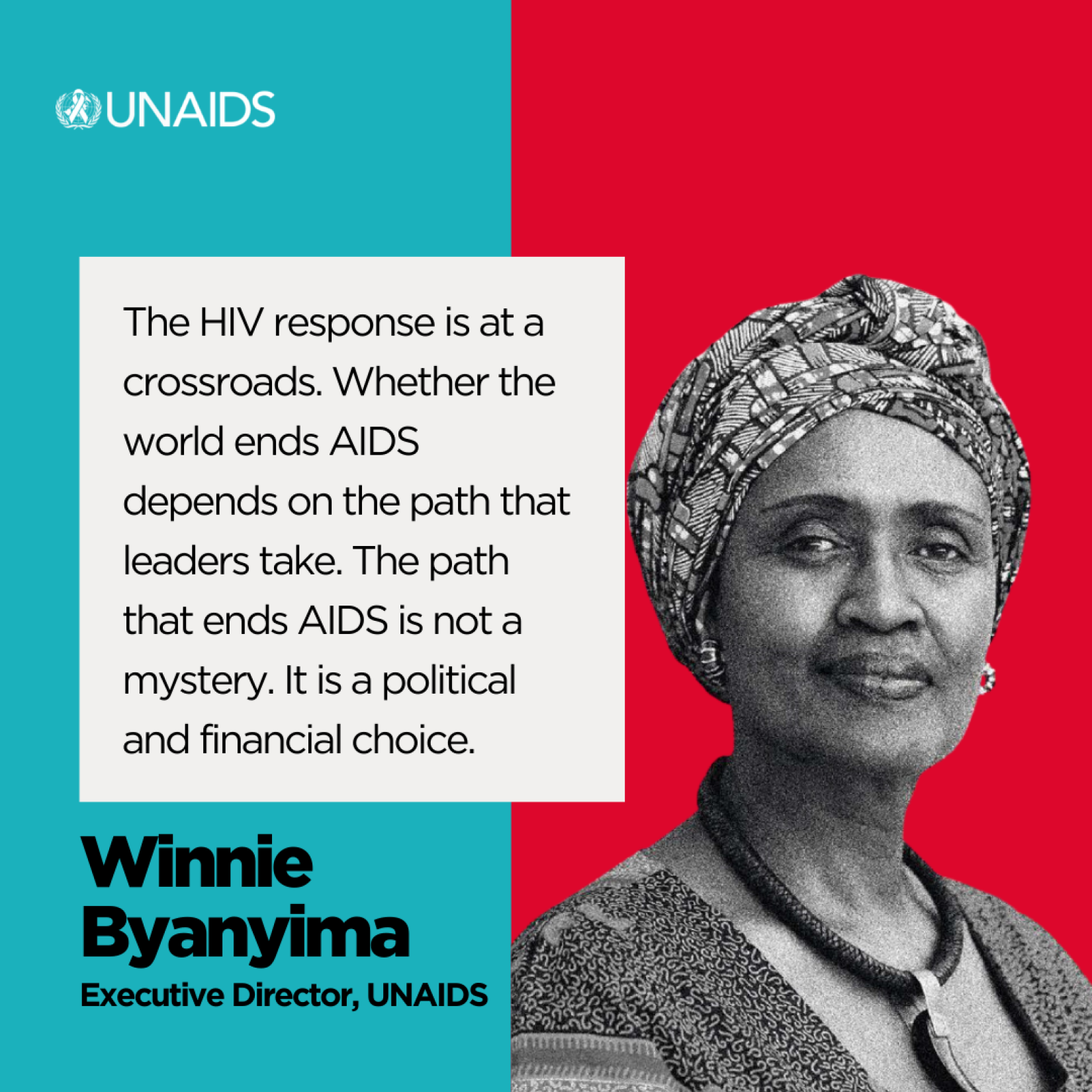
A new report released today by UNAIDS shows the world is at a critical moment that will determine whether world leaders meet their commitment to end AIDS as a public health threat by 2030. The report, ‘The Urgency of Now: AIDS at a Crossroads’ , brings together new data and case studies which demonstrate that the decisions and policy choices taken by world leaders this year will decide the fate of millions of lives and whether the world’s deadliest pandemic is overcome.
While the end of AIDS is within our grasp, the data show the world is off track. Of the 39.9 million people living with HIV globally, 9.3 million, nearly a quarter, are not receiving life-saving treatment. Consequently, a person dies from AIDS-related causes every minute.
In the Caribbean, there has been substantial progress against HIV since 2010, but the reduction in the annual number of new HIV infections slowed down over the past five years. At the end of 2023, Cuba, the Dominican Republic, Haiti and Jamaica, the larger countries in the region, accounted for almost 90% of new infections—with Haiti alone accounting for more than one third (38%) of new HIV infections. People from key populations and their sex partners continued to account for 47% of new infections in 2022.
The report finds that if leaders take the bold actions needed now to ensure sufficient and sustainable resourcing and protect everyone’s human rights, the number of people living with HIV worldwide, requiring life-long treatment, will settle at around 29 million by 2050 but if they take the wrong path, the number of people who will need life-long support will rise to 46 million (compared to 39.9 million in 2023).

“World leaders pledged to end the AIDS pandemic as a public health threat by 2030, and they can uphold their promise, but only if they ensure that the HIV response has the resources it needs and that the human rights of everyone are protected,” said UNAIDS Executive Director, Winnie Byanyima. “Leaders can save millions of lives, prevent millions of new HIV infections, and ensure that everyone living with HIV can live healthy, full lives.”
The report shows treatment coverage continued to expand in the Caribbean, but significant challenges remain as it relates to late diagnosis and enrolling and keeping people living with HIV in care.
At the end of 2023, an estimated 85% of people living with HIV knew their status, 70% of all people living with HIV were on treatment, and 61% of all people living with HIV were virally suppressed. The percentage of people living with HIV who were on treatment and virally suppressed rose from 79% in 2018 to 87% in 2023. Treatment coverage was 78% among women (aged 15+ years) and 65% among men (aged 15+ years). Paediatric treatmentcoverage, at 39%, was, however, much lower than adult treatment coverage in 2023 and late diagnosis of advanced HIV disease (AIDS) remains a significant challenge in the region.
The expansion of people accessing treatment is a landmark public health achievement that has seen AIDS-related deaths in the Caribbean fall by 57% since 2010—but a worrying increase has been reported in Belize, Cuba, Guyana and Suriname.

“Prioritising targeted interventions, community-led responses, and integration to leave no one behind; bolstering treatment accessibility and retention in care; advocating for legal reforms; and challenging harmful gender and other social norms will go a long way to address the root causes of risk and vulnerability of people living with, and most affected by, HIV,” said UNAIDS Multi-Country Director for the Caribbean, Dr Richard Amenyah. “There is a great need to strengthen partnerships with communities and enhance the role of civil society to reach vulnerable and at-risk groups that are hard to reach with HIV services or find it difficult, for whatever reason, to engage our health facilities.”
The Urgency of Now: AIDS at a Crossroads, shows that decisions taken this year will determine if global targets are met, AIDS is ended as a public health threat by 2030, and a sustainable HIV response is built. The report demonstrates that HIV prevention and treatment services will only reach people if human rights are upheld, if unfair laws against women and against marginalized communities are scrapped, and if discrimination and violence are tackled head on.
“Like the title of the report tells us, we are at a crossroads. We can take the road that continues to punish people for who they are, who they love, how they work, and that is the road through which we can never end aids as a public health thread”, says Luisa Cabal, UNAIDS Regional Director for Latin America and the Caribbean. “Or we can choose the road of rights protections, of respecting others, of following the science and the evidence. This is the road that has led to reductions in new infections and to healthy lives.”
Advertise with the mоѕt vіѕіtеd nеwѕ ѕіtе іn Antigua!
We offer fully customizable and flexible digital marketing packages.
Contact us at [email protected]
















Why is the date 2030 so important for deadlines?
It’s because of the return of the Antichrist and they know it.
I urge you to give your hearts to the Hon Gaston Brown, who is the chosen one, he will defeat the beast and lead us all into paradise on earth, Amen
@ the miracle decoder and prophet, hello what are you high on? Has fanaticism of Gaston brown got to your brain? Too bad when we colonized and brain wash into superstition and theology instead of technology, so this person don’t have to depend on no politicians to be in charge of their lives, this person must be an adult and has graduated from been beaten by their mommy and daddy, but return to make Gaston his parent. They Intend to be a child for someone all the days of their lives.
Lies, lies and more LIES!!
Comments are closed.